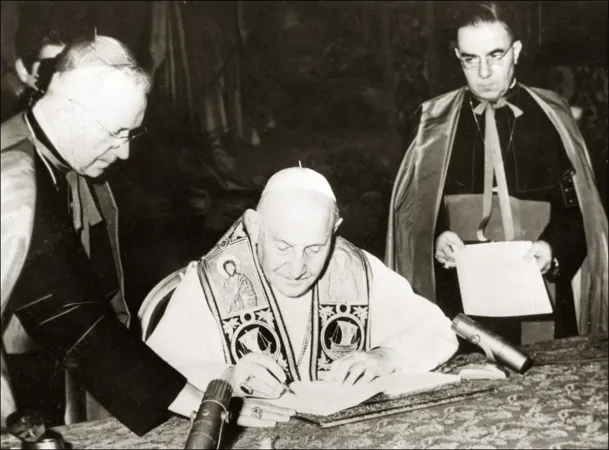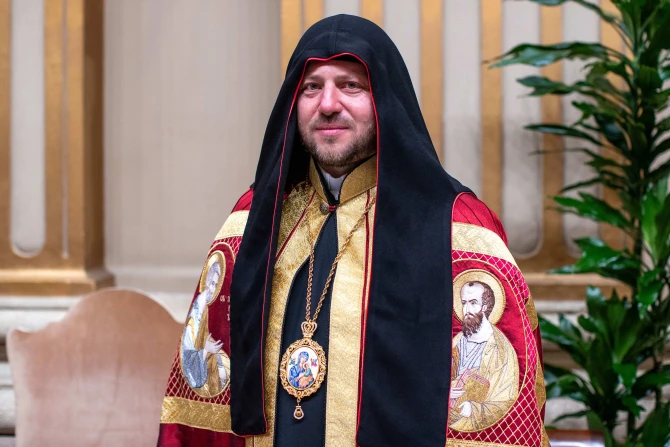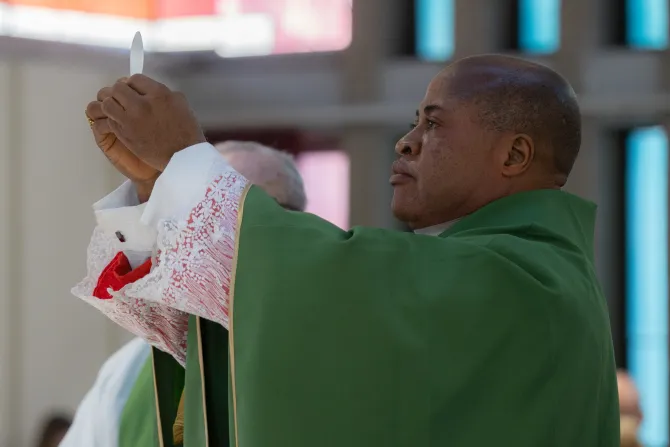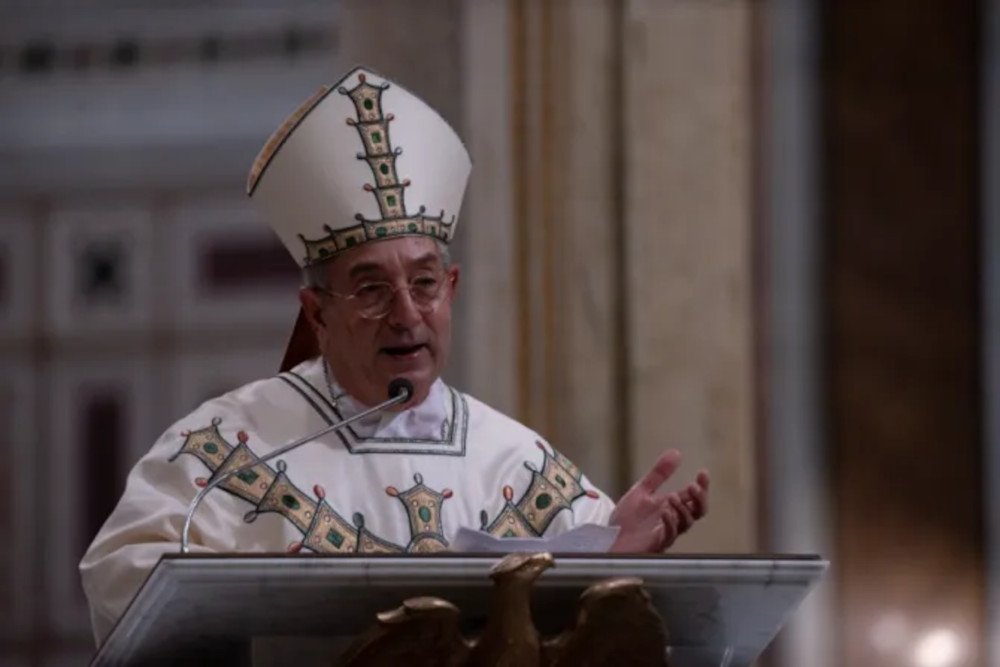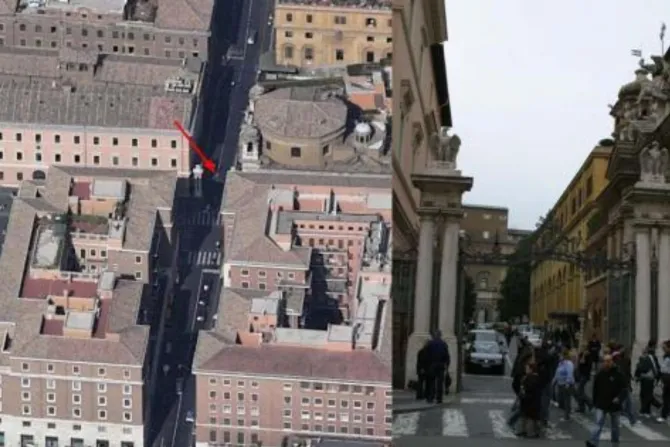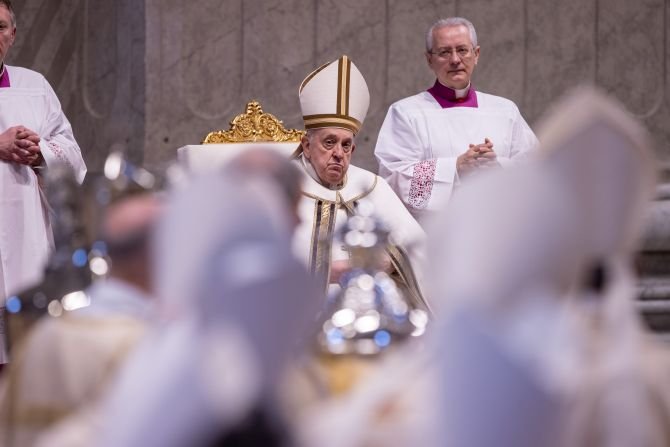On April 11, 1963, Holy Thursday, Pope John XXIII symbolically signed the Pacem In Terris, his eighth and final encyclical. He had been diagnosed with cancer sometime before and died shortly after, and that encyclical remained as one of John XXIII’s spiritual testaments. Sixty years later, Pacem In Terris is still deeply relevant, even though the world has changed all this time profoundly.
John XXIII wrote the encyclical in the aftermath of the Cuban Missile Crisis when the world was on the brink of nuclear war. It was an encyclical born out of the desire to give a foundation to peace and explained how peace could not only come from negotiation or opposing balances. Peace could only exist if human beings recognized the divine order coming from God because only this divine order allowed man to realize himself to the fullest of his aspirations. Since then, the term “integral human development” has been used, a constant theme of the encyclical.
Each chapter of the encyclical begins with a declaration concerning men’s aspirations for peace, dignity, and freedom. Pacem In Terris defines human rights and links them to corresponding duties, but everything is read in the light of the divine revelation. As John XXIII explained, “If one considers the dignity of the human person in the light of divine revelation, then it will appear incomparably greater since the blood of Jesus Christ has redeemed men.”
The encyclical is the first formal recognition of human rights, but it does so through a Christian perspective. There is no room for the so-called “new rights” because the rights mentioned in the encyclical are rooted in the heart of man, but there is a need to advance the human person’s rights so that he can genuinely develop “integrally.”
Among these rights is the right to “freedom in the search for truth, in the manifestation of a thought and its dissemination,” the right to honor God according to the dictate of right conscience, and the right to the private and public worship of God. It is the issue of religious freedom, indissolubly linked to freedom of conscience (and the problem of conscientious objection is fundamental).
Even more relevant is the right to existence, which in Pacem in Terris is connected to the duty to preserve life. This a right that is often denied, even in a striking manner, with laws on abortion and euthanasia that is even permitted for minors.
And then, Pacem In Terris also emphasizes the need for reform of the United Nations so that “the day may come when individual human beings find effective protection for the rights that spring immediately from their dignity as persons.”
Of course, the encyclical speaks of disarmament, the predominance of negotiation over war, and the need to go beyond unstable balances that predict the application of the law of the strongest. And the reference was, of course, to the arms race, but it could very well be applied today as well.
But there is also a passage in the encyclical that addresses the issue of ethnic minorities within the large nation-states that established the new world order after the First World War. It was a call to the states, which had to allow the entire development, even economic and social, of minorities, and to minorities, called upon not to emphasize ethnic affiliation for personal or interest reasons.
In the end, it was the idea that Robert Schumann had when he first thought of a union between European states, which was to allow everyone the necessary development so that they would not go to war again.
But it is an idea that also comes to mind today, as the war in Ukraine arises following Russian aggression, which, over the years, has used the issue of minorities in all its actions in Ukraine.
And here, then, the Pacem in Terris reveals itself to be extraordinarily relevant. A relevance that does not comes from a contingent fact but from the fact that all the codification of rights and duties of the human being, its relationship with public authority, the association of public administration with international organizations, the need to overcome imbalances (even those of land cultivation), everything, in short, is founded on the revelation of God the creator and his relationship with the human being. It is not by chance that the encyclical begins by underlining how ” Peace on earth, which all men of every era have most eagerly yearned for, can be firmly established only if the order laid down by God be dutifully observed.” And it is not by chance that the encyclical itself ends with “pastoral reminders,” in which Pope John emphasizes that ” Yet peace is but an empty word, if it does not rest upon that order which Our hope prevailed upon Us to set forth in outline in this encyclical. It is an order that is founded on truth, built up on justice, nurtured and animated by charity, and brought into effect under the auspices of freedom.” The “immense” commitment to peace, given not only to believers but to all men of goodwill, is for John XXIII impossible by human efforts alone. ” God Himself must come to man’s aid with His heavenly assistance, if human society is to bear the closest possible resemblance to the kingdom of God ” wrote Pope Roncalli. And this help was invoked precisely on the day when the Triduum of the Passion, Death, and Resurrection of Jesus began, not only symbolically but substantially. Reading the encyclical today, one gets the idea that there would be no more wars if only men relied on God and looked at each person not as an enemy but as a brother. Armies would lay down their weapons because they could not shoot at their brothers, and rulers could not give orders because these orders would be disobeyed. This may be a utopia; in fact, the Pacem In Terris has been called a utopia in progress. But it is the perfect Christian utopia from which the Church cannot detach itself and still has all its dramatic relevance today.

